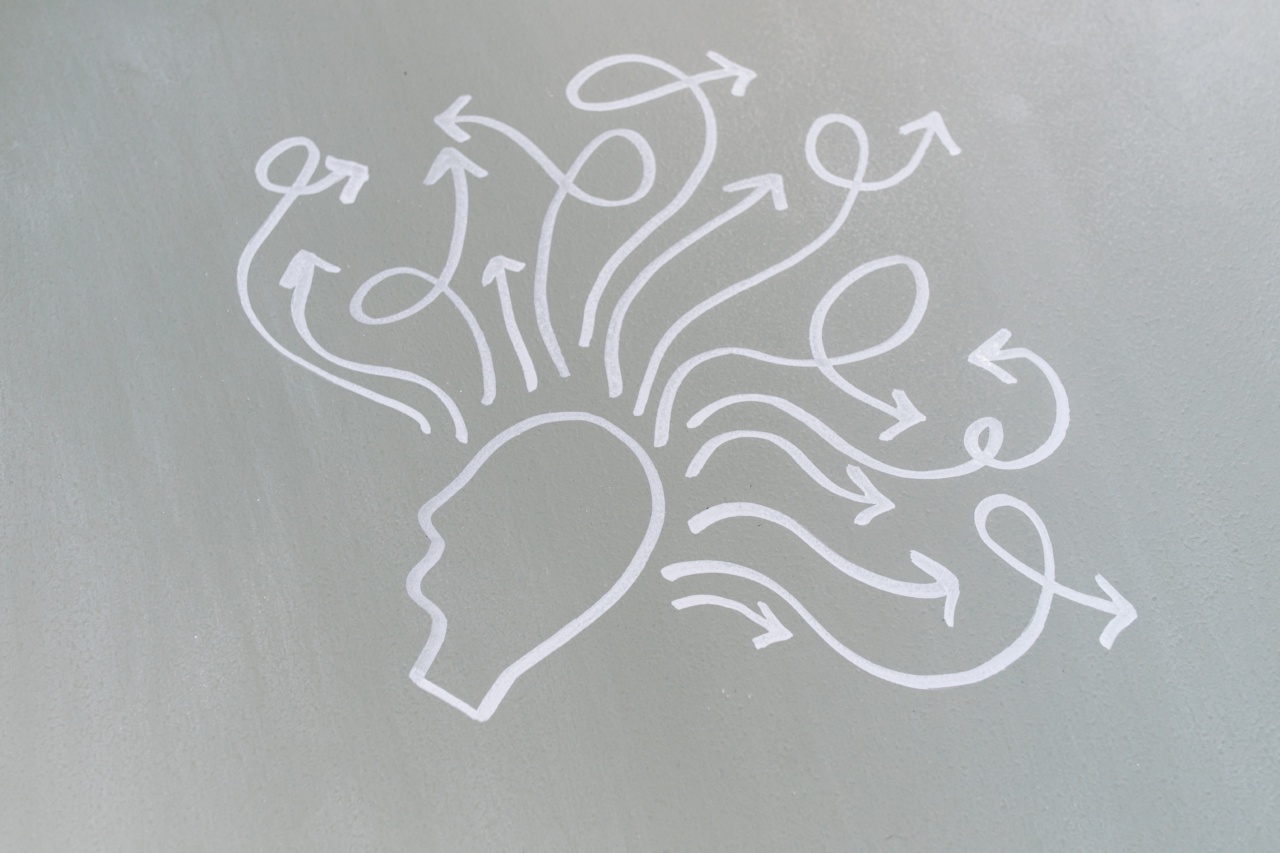A mental health education seminar is an informative session that aims to educate individuals about various aspects of mental health.
These seminars play a crucial role in creating awareness, reducing stigma, and promoting a better understanding of mental health issues among individuals, communities, and organizations.
Importance of Mental Health Education Seminars
Mental health education seminars have gained significant importance in recent years, considering the rising prevalence of mental health disorders.
These seminars provide valuable insights into the causes, symptoms, and treatment options for various mental illnesses such as depression, anxiety disorders, bipolar disorder, schizophrenia, and more.
Furthermore, mental health education seminars shed light on the impact of mental health on overall well-being and emphasize the importance of seeking professional help.
They aim to break down the barriers and stereotypes surrounding mental health and encourage open conversations about mental illnesses.
Key Topics Covered in Mental Health Education Seminars
1. Understanding Mental Health: This session focuses on explaining what mental health is and how it can affect individuals, including common misconceptions surrounding mental illnesses.
2. Common Mental Health Disorders: This section provides an overview of various mental health disorders, their signs and symptoms, risk factors, and available treatment options.
3. Mental Health Stigma: Educating individuals about the importance of reducing mental health stigma and highlighting the negative impacts of stigma on seeking help and treatment.
4. Stress Management: Teaching effective stress management techniques, including relaxation exercises, time management, and healthy coping strategies.
5. Suicide Prevention: Raising awareness about suicide prevention, identifying warning signs, and providing information about resources available for individuals in crisis.
6. Creating a Supportive Environment: Emphasizing the significance of fostering a supportive and inclusive environment that promotes mental well-being in workplaces, schools, and communities.
7. Self-Care and Well-being: Highlighting the importance of self-care practices, such as maintaining a healthy lifestyle, practicing mindfulness, and seeking balance in life.
8. Early Intervention and Treatment: Educating individuals about the benefits of early intervention and the different treatment options available for mental health disorders.
9. Mental Health and Relationships: Discussing the impact of mental health on relationships and providing guidance on maintaining healthy relationships while coping with mental health challenges.
10. Building Resilience: Equipping individuals with skills to build resilience and adaptability in the face of adversity and stress.
The Role of Mental Health Professionals
Mental health education seminars are often facilitated by mental health professionals, including psychologists, psychiatrists, counselors, or other experts in the field.
These professionals bring their knowledge and expertise to provide accurate and evidence-based information to seminar attendees.
They may share real-life examples, case studies, and interactive activities to help participants grasp and internalize the concepts being taught.
Mental health professionals also answer questions, address concerns, and provide appropriate resources, referrals, or recommendations for further support.
Benefits of Attending Mental Health Education Seminars
1. Increased Awareness: Attending a mental health education seminar enables individuals to better understand mental health issues, enabling them to recognize symptoms and encourage early intervention.
2. Reduced Stigma: By debunking myths and misconceptions around mental health, seminars work towards reducing the stigma associated with mental illness, creating a safe space for open discussions.
3. Improved Well-being: Learning effective stress management techniques, self-care practices, and coping strategies can significantly contribute to overall well-being and mental health.
4. Enhanced Supportive Networks: Seminars provide opportunities to connect with others who may be experiencing similar challenges, fostering a sense of belonging and an understanding support network.
5. Empowerment through Knowledge: Increased knowledge about mental health empowers individuals to seek help when needed, advocate for themselves and others, and make informed decisions regarding their mental well-being.
Conclusion
In an era where mental health awareness and education are more crucial than ever, mental health education seminars play a vital role in equipping individuals with knowledge, skills, and resources to support their own well-being and the well-being of others. By fostering understanding, reducing stigma, and promoting early intervention, these seminars contribute to building mentally healthier communities.































